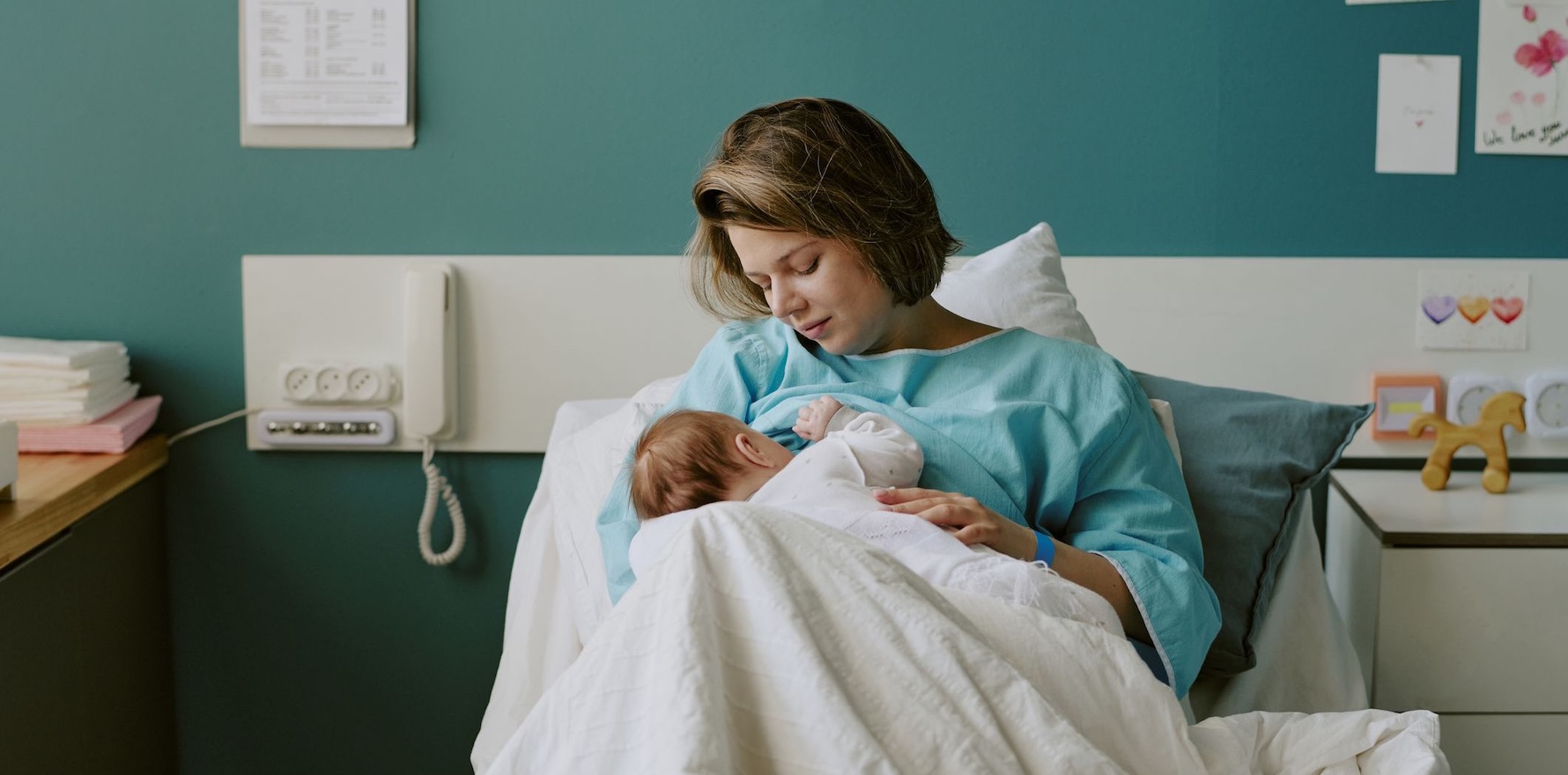
The arrival of a baby is one of life’s most important milestones, and the choice of where to give birth plays a major role in shaping the experience. In the UK, families can choose between NHS maternity care and private hospitals.
While the NHS provides excellent medical support, private hospital childbirth has become a preferred option for parents seeking added comfort, personalisation, and flexibility.
Why Consider a Private Birth?
Private hospitals are known for offering more individualised care. Mothers often benefit from increased one-to-one support, shorter waiting times, and a greater say in their birthing plan. Many parents value the reassurance of having the same consultant throughout pregnancy who will also be present at the delivery. This continuity of care helps to create trust and reduces anxiety.
Private facilities also tend to be less busy than NHS maternity wards, allowing staff to focus more closely on each patient’s needs. This can make the overall experience calmer and more supportive.
Comfort and Privacy
One of the biggest advantages of private hospital childbirth is the comfort provided. Expectant mothers usually stay in private en-suite rooms, often with space for partners to stay overnight. This privacy allows families to bond with their newborn in a peaceful environment, without the interruptions that can come with shared wards.
Additional comforts such as freshly prepared meals, flexible visiting hours, and attentive midwifery support contribute to a more relaxing atmosphere. These features may not be essential to medical care but can make the experience far more enjoyable.

Medical Expertise and Safety
Private hospitals offer access to a wide range of specialists, including obstetricians, anaesthetists, and paediatricians. Having immediate access to senior medical professionals ensures that any complications are dealt with promptly and effectively.
They also offer flexibility when it comes to birth preferences. Whether mothers want a natural delivery, an epidural, or an elective caesarean section, private hospitals are usually better equipped to accommodate these choices, provided they remain safe for both mother and baby.
Financial Considerations
Perhaps the biggest factor influencing the decision is cost. Private hospital births are expensive, often costing several thousand pounds depending on the type of birth and length of stay. Additional charges can arise if complications require extra care or extended recovery.
Some private medical insurance policies include maternity cover, but this is not always the case. Families should carefully check what is covered and plan for any unexpected costs.
NHS vs. Private ─ Weighing Up the Options
The NHS remains an excellent choice for maternity care, with skilled staff and modern facilities available across the UK. However, NHS maternity wards can be busy, and mothers may not always receive immediate pain relief or enjoy as much privacy as in a private hospital.
Private hospitals, by contrast, offer greater comfort, more control, and closer attention. The main drawback is affordability, which makes this option inaccessible for some families. For those who can afford it, private maternity care can feel like an investment in peace of mind.

Deciding What’s Best
Every pregnancy is different, and the best choice depends on personal preferences, health considerations, and financial circumstances. Parents weighing up their options should tour both NHS and private facilities, ask questions about care, and consider what matters most—whether that is medical reassurance, comfort, or budget.
Making an informed choice allows families to feel confident about their childbirth journey and focus on what really matters: welcoming their new baby into the world.
Postnatal Support and Recovery
A major benefit of private hospital childbirth is the comprehensive postnatal care offered to mothers. Recovery after birth can be physically demanding, and private hospitals usually provide extended stays, with medical staff closely monitoring both mother and baby. Dedicated lactation consultants are often available to help new mothers with breastfeeding, and physiotherapists may be on hand to support post-birth recovery. This continuity of care reduces the likelihood of complications being overlooked and ensures families feel supported during the first crucial days.
Access to Facilities and Technology
Private maternity hospitals often have access to state-of-the-art technology that can further enhance the safety of childbirth. Advanced monitoring equipment, dedicated neonatal units, and 24-hour anaesthetic cover give parents reassurance that they are in the best possible hands. Some facilities also provide private operating theatres for elective caesareans, ensuring minimal delays should surgical intervention be required.
In addition, many private hospitals offer antenatal classes and birthing workshops within the same facility, giving parents the chance to prepare in advance with the guidance of the medical team they will see on delivery day.

Emotional Wellbeing and Family Involvement
Another important aspect of private childbirth care is the emphasis on emotional wellbeing. Childbirth can be an overwhelming experience, and having a calm, private environment can make a big difference in reducing stress. Partners are typically encouraged to be more involved, with the option to stay overnight and participate in early newborn care. For families with older children, some hospitals even provide family-friendly visiting policies, helping siblings feel included from the very beginning.
Conclusion
Private hospital childbirth provides a personalised, comfortable, and flexible experience that many parents find appealing. Exploring more about private hospital childbirth can help families understand what to expect and whether it suits their needs.
Ultimately, whether giving birth in an NHS hospital or a private one, the most important goal is a safe, supported, and positive start for both mother and baby.






